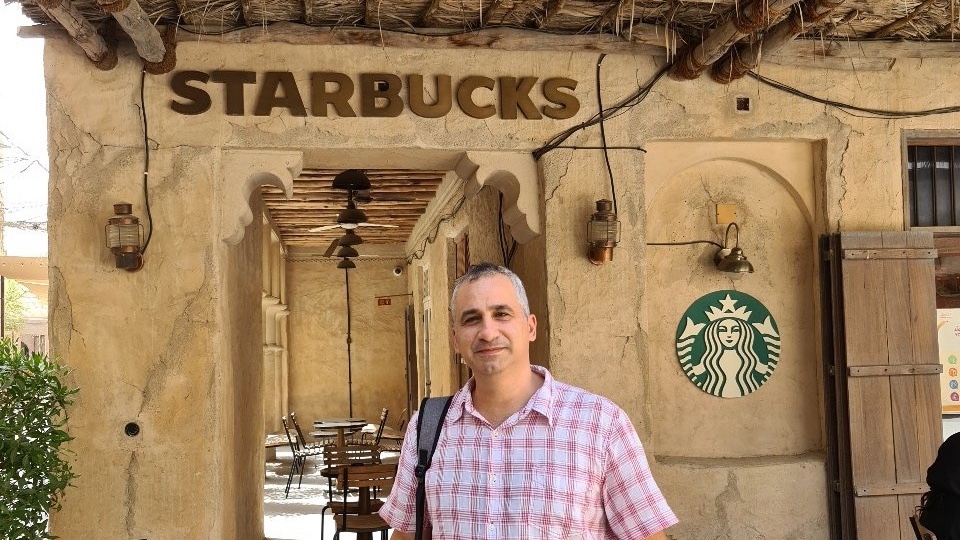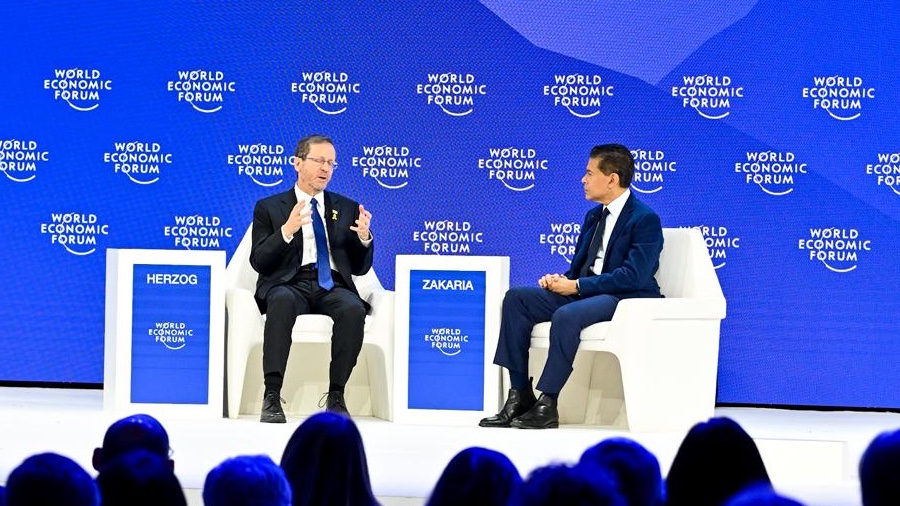In the halls of US labor activism, a new twist has taken hold: a campaign at the coffee chain Starbucks seeking better contracts and working conditions has become deeply tangled in Middle Eastern geopolitics. On the surface, store employees are striking over staffing, scheduling, and pay. Below the surface, their umbrella cause now includes “solidarity with Palestine”—a shift that some labor experts see as eroding focus on the core workplace issues.
Strike roots, but global branches
Baristas participating in the union‑backed protest movement at Starbucks say their walkout begun with long‑standing frustrations: delayed contract negotiations, slow progress on benefits, and a corporate culture they say is hostile to organizing. But as part of the push, the union affiliated group Starbucks Workers United folded in messaging of international solidarity — including a prominent “Solidarity with Palestine” social‑media post made shortly after the Oct. 7, 2023 Hamas attack in Israel.
Rather than stick to the specifics of workplace reform, the union’s optics veered into the geopolitical domain: pickets sometimes brandished Palestinian flags, and slogans shifted to align with broader “social justice” campaigns. One observer labelled the trend “a classic case of mission creep”—where a labor dispute becomes a catch‑all vehicle for international agendas.
We NEED Starbucks to do better. We’re asking you to sign our No Contract, No Coffee pledge to tell the company that their corporate policies are bad for business. Our union stands with workers around the world & will continue to stand with and show up for the people of Palestine! pic.twitter.com/OqBEXdId9I
— Starbucks Workers United (@SBWorkersUnited) September 13, 2025
Labor rights — or political livery?
Labor‑rights activists argue that unions should champion wages, hours, and job security — not foreign policy. To them, invoking the Israel‑Palestinian conflict during a US worker strike undermines clarity of purpose.
Among the consequences: it makes bargaining with the employer more complex, introduces external opponents (who were never part of the original dispute), and frames the workers’ primary grievance as secondary. For Starbucks, the chain claims the union’s pro‑Palestinian messaging hurt its brand, prompted litigation and boycotts—most notably a lawsuit filed by Starbucks alleging trademark misuse when the union used the company’s name and logo in the context of its geopolitical statements.
The rise of “global cause fatigue”
This Starbucks case exemplifies a broader cultural phenomenon: almost every liberal or social‑justice campaign now appears to demand affiliation with the Palestinian issue — even when the connection is tangential. From fashion brands to tech companies, activists and employees alike feel pressure (or express willingness) to align with the Gaza war as a marker of moral relevance. The labor‑movement periphery has not been immune.
Why it matters to Israel—and to workers
For Israel, the Starbucks case offers a cautionary tale: the Israel‑Palestinian conflict has become a kind of political gavel used in disputes entirely unrelated to it.
For labor organizers and employees, the fusion brings mixed results. While it may draw broader attention, it also invites backlash, complicates employer negotiations and sometimes alienates the rank‑and‑file whose concerns are purely local. Most just want a pay raise, not a geopolitical lecture.
The core question: Clarity of purpose
In the end, the fight at Starbucks raises a fundamental question: are worker rights being overshadowed by global brand posturing? And if so, what does that mean for both workplaces and geopolitics?
When a US coffee chain becomes a battleground not just for unions but for foreign policy symbolism, the clarity of both struggles can blur. For workers seeking contracts, and for nations wary of their conflicts becoming universalized slogans, that shift has consequences.
Want more news from Israel?
Click Here to sign up for our FREE daily email updates















I question the intelligence of paying an outrageous price for a cup of coffee or tea as it is anyway, but to support an ideology of pure hatred, doesn’t do this union or those who pay it even a penny of dues the, “benefit,” of knowing they are partaking in the murder of innocent people with every penny they pay the union siding with a terrorist organization.